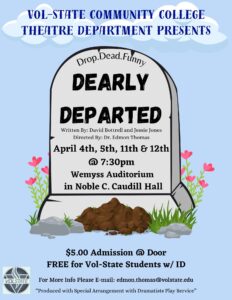Last updated on March 31, 2016
By: Sara Keen, Editor-in-Chief
We all have a tendency to lay blame elsewhere when something goes wrong, but we happily take credit when something is right. Whether that something is a class, assignment or relationship, when something goes wrong put the blame somewhere else.
Everyone does it, and we often find ourselves giving reminders that maybe we are blaming the wrong person or thing.
As adults, we have to take responsibility for our own actions and contributions to what happens in our lives. Whether you understand that you are partially to blame or receive credit, you know that you did something to affect that situation.
If you fail a class after a semester of procrastination, laziness or anything non-academic, then the blame is yours. The educator cannot be entirely to blame, and sometimes you are not either. For example, you can fail because of medical issues or personal issues that are repeatedly inhibiting your own ability to learn.
Even with a legitimate reason, however, there is still blame that can fall to you. Seldom is a situation so black and white that the blame falls solely on a single individual.
We all have to make choices, and those choices can inevitably “make or break” us. When a friendship ends, we want to blame the other party because we feel better by thinking that we are innocent in its downfall.
That just tends not to be true. Both parties have an effect on a friendship, and typically when things end there is a reason on both sides. Maybe you were not a good listener, or they were terrible with secrets. Both people have their own reasons, and it tends to blame the other person.
As adults we have to learn that, as Spiderman puts it, “with great power, comes great responsibility.” We have the ability to make decisions that affect not only ourselves, but also others, and that needs to be considered.
So the responsibility falls on our shoulders, not to lay blame for our actions or the actions of others but to find a way to repair or cope with our decisions. When you make a mistake, own it, and fix it if you can.
Mistakes and decisions are not reversible, and often take a long time to repair when they go considerably bad. Life is not a video game, and you cannot undo, repeat or start over without saving when you mess up.
We all want that ability, but all we have is the choices we make. Those choices today can affect the rest of your life, so choose wisely.




Comments are closed.